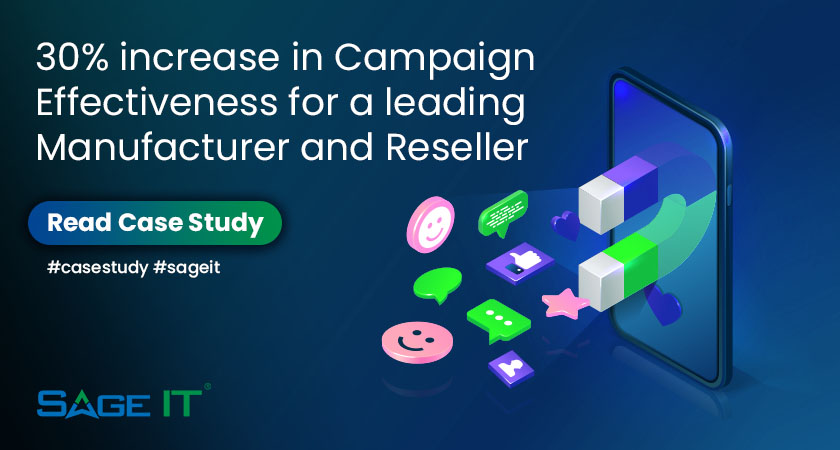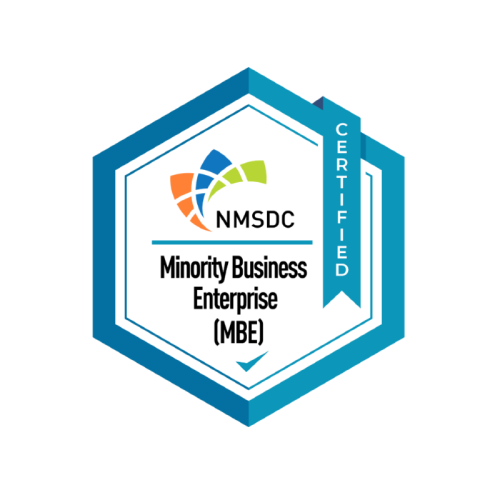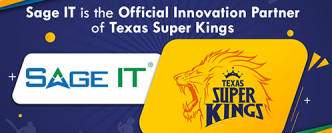Will Generative AI be a Boon or Bane for our Future Generations? How will you leverage Generative AI for the benefit of humans?
“Generative AI, much like the mighty Mississippi, has the potential to revolutionize our world. It’s a new kind of steam engine that can generate content, design products, and even compose music. It’s a tool that can enhance human capabilities, much like the printing press did in my day. It can create new opportunities, jobs, and ways of thinking. It can make our lives easier, more efficient, and more creative.
But, like the river, it also has its dangers. It raises concerns about ethics, privacy, and the potential for misuse. It can be used to spread misinformation, to manipulate people, and to invade our privacy. It can create a world where we no longer know what’s real and what’s not and can’t trust our own eyes and ears. It’s a tool that, in the wrong hands, can cause great harm.
So, how do we navigate this river? How do we harness the power of Generative AI for the betterment of society while avoiding its potential pitfalls?
First, we must educate ourselves and our children about the potential benefits and risks of Generative AI. We must teach them to use it responsibly, to understand its limitations, and to question its outputs. We must encourage them to think critically, to challenge assumptions, and to seek out diverse perspectives.
Second, we must establish ethical guidelines for the use of Generative AI. We must ensure that it is used for the greater good, respects our privacy, and does not perpetuate harmful biases. We must hold those who misuse it accountable and strive for transparency in its development and deployment.
Third, we must explore new ways to leverage Generative AI for the benefit of humanity. We could use it to tackle complex problems, to create new forms of art, and to enhance our understanding of the world. We could use it to democratize information access, empower individuals, and foster innovation.
In conclusion, whether Generative AI will be a boon or a bane for our future generations is complex. It’s a question that requires us to think deeply, to question our assumptions, and to engage in thoughtful dialogue. It’s a question that challenges us to imagine a future that is both exciting and daunting, a future that is full of potential and fraught with risks.
But, I believe that “The secret of getting ahead is getting started.” Let’s further embrace the potential of Generative AI while also acknowledging its risks. Let’s strive to use it responsibly, harness it for society’s betterment, and ensure that it serves the greater good. And let’s remember, as we navigate this new river, that the journey is as important as the destination.
Generative AI, like the mighty Mississippi, is a force to be reckoned with. But, with careful navigation, thoughtful consideration, and a commitment to the greater good, we can ensure that it is a boon, not a bane, for our future generations.
Now, let’s consider the role of Generative AI in the business world. It’s akin to a new breed of worker, one that doesn’t tire, doesn’t sleep and can churn out work at a pace that would make even the most industrious of us blush. It can generate reports, answer customer queries, and even draft legal documents. It’s a tool that can drive business growth, improve efficiency, and enhance customer service.
But, like a steamboat captain who doesn’t know the river, a business that doesn’t understand Generative AI can run aground. There are regulations to adhere to, ethical considerations to ponder, and potential security risks to mitigate. A misstep here could lead to legal troubles, financial losses, and a tarnished reputation.
So, how does a business navigate these waters? How does it harness the power of Generative AI while avoiding potential pitfalls?
First, it must understand the technology. It must train its employees, invest in research, and stay abreast of the latest developments. It must understand how Generative AI works, what it can and cannot do, and how it can benefit the business.
Second, it must establish clear ethical guidelines. It must ensure that the use of Generative AI aligns with its values, respects the privacy of its customers, and does not perpetuate harmful biases. It must be transparent about its use of Generative AI and hold itself accountable for any misuse.
Third, it must prioritize data security. It must protect the data used to train the AI and ensure that the AI itself is secure. It must conduct regular security assessments and be prepared to respond to any potential breaches.
Now, let’s turn our gaze to the broader societal implications of Generative AI. It’s a tool that can transform our world, much like the steam engine changed mine. It can democratize access to information, empower individuals, and foster innovation. It can help us tackle complex problems, create new art forms, and enhance our world understanding.
But, like the steam engine, it also has its dangers. It can be used to spread misinformation, to manipulate people, and to invade our privacy. It can create a world where we no longer know what’s real and what’s not and can’t trust our own eyes and ears.
So, how do we navigate this new world? How do we harness the power of Generative AI for the betterment of society while avoiding its potential pitfalls?
First, we must educate ourselves and our children. We must teach them to use Generative AI responsibly, to understand its limitations, and to question its outputs. We must encourage them to think critically, to challenge assumptions, and to seek out diverse perspectives.
Second, we must establish ethical guidelines. We must ensure that Generative AI is used for the greater good, respects our privacy, and does not perpetuate harmful biases. We must hold those who misuse it accountable and strive for transparency in its development and deployment.
Third, we must explore new ways to leverage Generative AI. We could use it to tackle complex problems, to create new forms of art, and to enhance our understanding of the world. We could use it to democratize information access, empower individuals, and foster innovation.
Conclusion
In conclusion, Generative AI is a new kind of steam engine that can potentially revolutionize our world. But, like the steam engine, it also has its dangers. It’s a tool that requires us to think deeply, to question our assumptions, and to engage in thoughtful dialogue. It’s a tool that challenges us to imagine a future that is both exciting and daunting, a future that is full of potential and fraught with risks. But, with careful navigation, thoughtful consideration, and a commitment to the greater good, we can ensure that it is a boon, not a bane, for our future generations.
By
JOY DEEP SAHA
BITS Pilani













